Regardless of all the hype about generative AI (gAI), this technology seems singular in its representation of a paradigm shift. While Thomas Kuhn, the scientific historian who coined the term paradigm, couldn’t effectively define it – it is now embraced in the current vernacular as a fundamental change. Before assessing AI, it is helpful to see if we have seen this story. In the 70-odd years of computing history – have there been fundamental shifts? I would argue yes – with each shift, feeling to those living through it as if the world was being transformed.
Starting with the advent of computing in business, the IBM mainframe was a shift that introduced a big calculator in the backroom. People shuddered as jobs were forecasted to be replaced. The next decade brought the shift from pushing data by the techies who knew best to the foundations of systems analysis, where data was converted to information reports by working with users. The data push to the information pull environment was a fundamental change. Following this, the advent of the PC with its user-friendly software tools was revolutionary – as the locus of control of computing shifted. In the decade after, innovative computer applications pioneered by corporations offered services directly to customers. This computing movement from the back office to the front office – from a utility to an instrument of competitive advantage was considered revolutionary. Then came the Internet – and the dot.com boom. Talking heads and editorials routinely claimed that the Internet changes everything, and traditional metrics for evaluating companies like P/E rations were a relic of the past. Later, Enterprise Systems (ERP) introduced integrated platforms, heralding a movement from disparate to integrated systems, transforming companies. Following this, more recently, the acronym SMAC-I (social, mobile, analytics, cloud, IoT) describes the move from curated boxes of hardware and software to a more “liquid” digital world replete with data.
Are all these paradigm changes? If so, they and many intermediate mini-paradigm changes have been spawned by the rapid improvement in cost/performance ratios of processing, storage, and communication. Is AI just one of these “paradigm shifts?” Or is it simply extrapolative, a significant improvement in pattern matching and predictive accuracy that has just found new applications? And will this momentum be sustained?
If the past is prolog, all these previous revolutions did change things – but then morphed into an elevated model of computing efficiency and effectiveness for business. AI will do the same. We will unlikely be talking about AI as discrete applications ten years from now as it will be so integrated into our socio-digital world. Also, inevitably, AI will go through one or more “troughs of disillusionment,” one of which has occurred recently as companies underperform and question their AI investments without seeing commensurate revenue. Going beyond individual use cases and integrating AI into the business is an enormous challenge. As in previous revolutions, companies will shake out, stock prices will drop, and new equilibriums will be formed. We will continue to overestimate AI’s potential in the short run and underestimate its potential in the long run.
However, there are compelling reasons to believe that AI is a different kind of paradigm shift that will be sustained. Past shifts were bounded in their domain and impact. AI represents a general-purpose technology that harnesses incredible computing power to predict patterns from an exponentially growing corpus of data. It represents knowledge on demand and increasingly intelligence on demand – in an unbounded space. This will likely be sustained given that data, computing power, and our ability to harness them will not abate. Further, in such a context, organizations would be far more concerned about underinvesting in AI and losing out on its massive potential (type 1 error) than overinvesting (type 2 error) in salvageable AI infrastructure. So, this paradigm shift seems real and different. There is, however, a real question of how humans can use the power of this co-intelligence for the betterment of humanity – one that your preferred AI chatbot cannot answer.
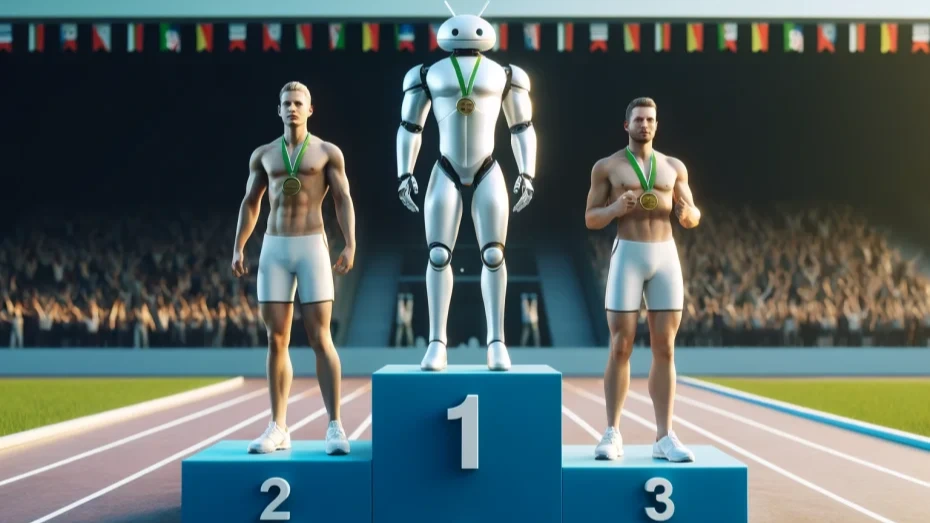
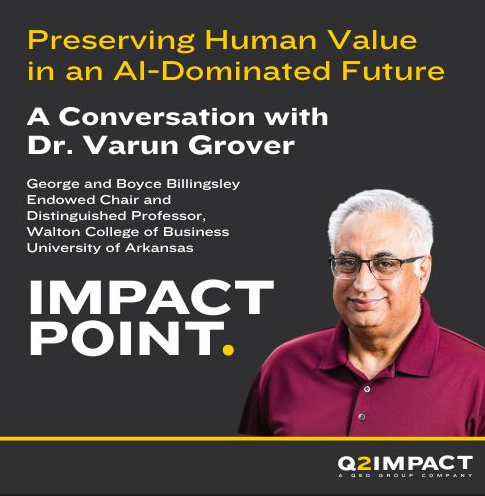
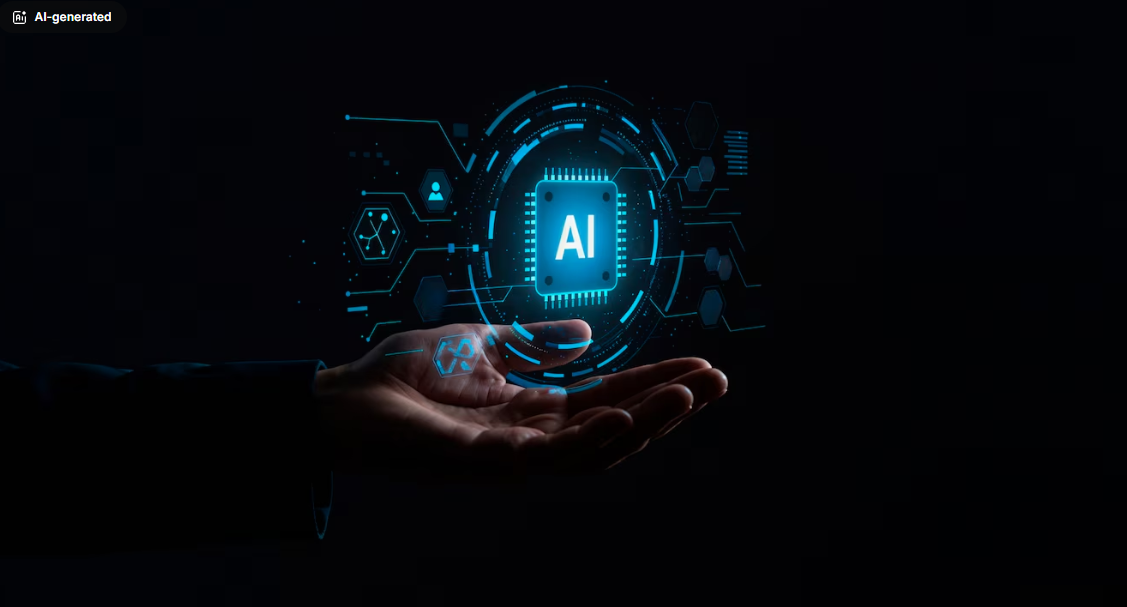
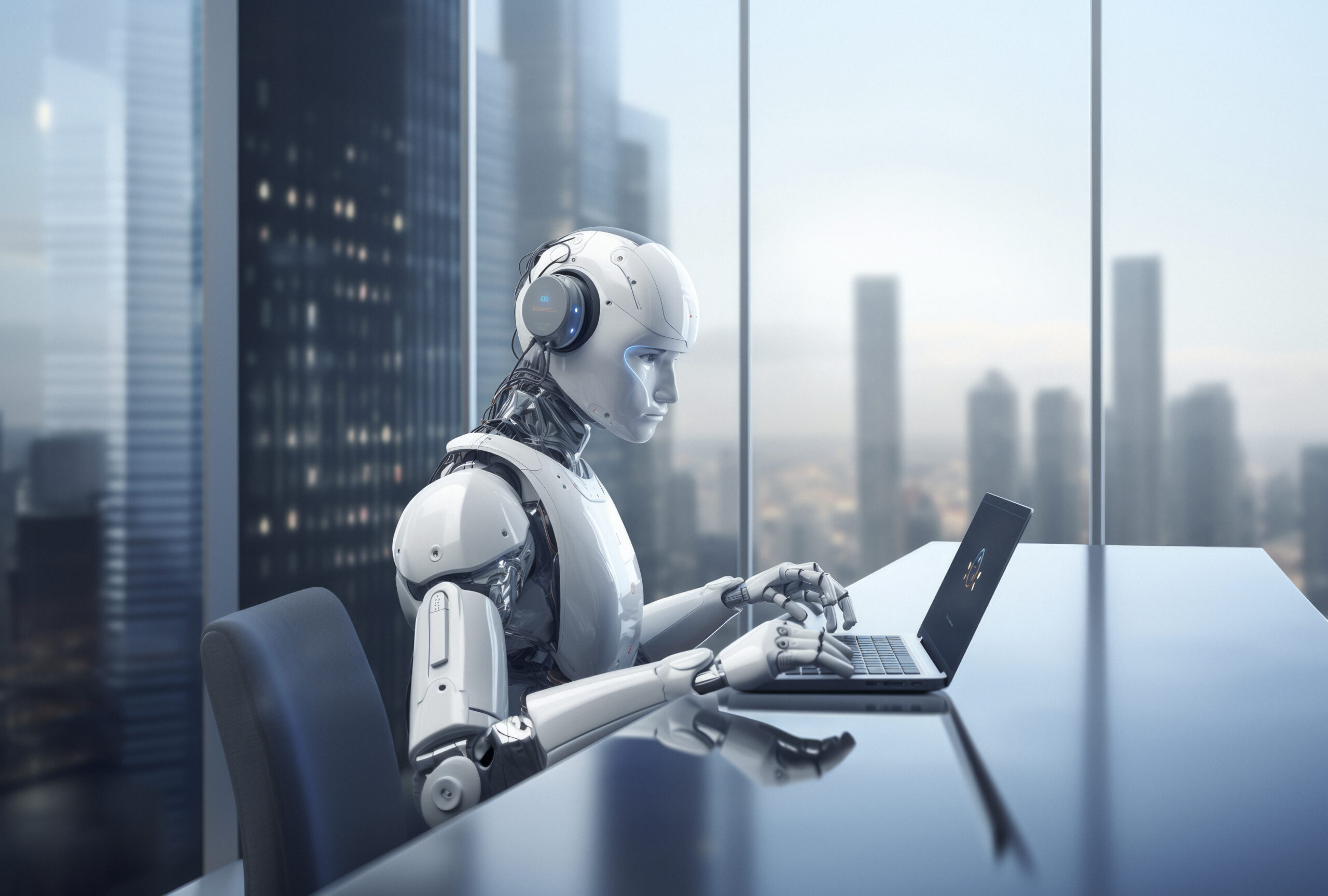
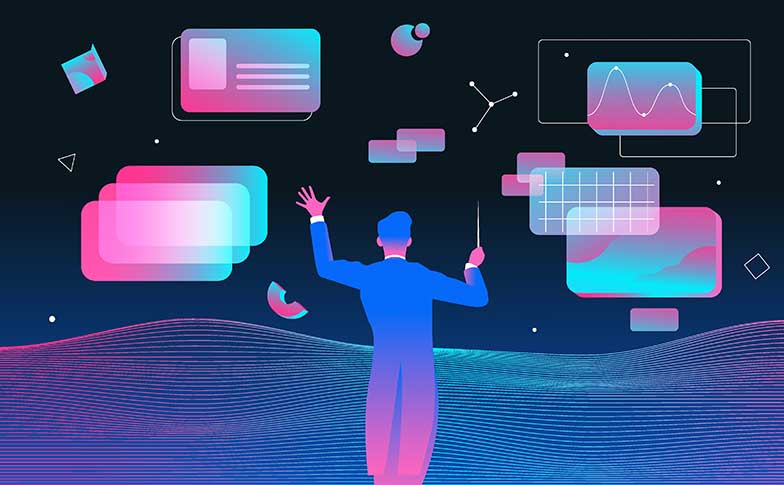
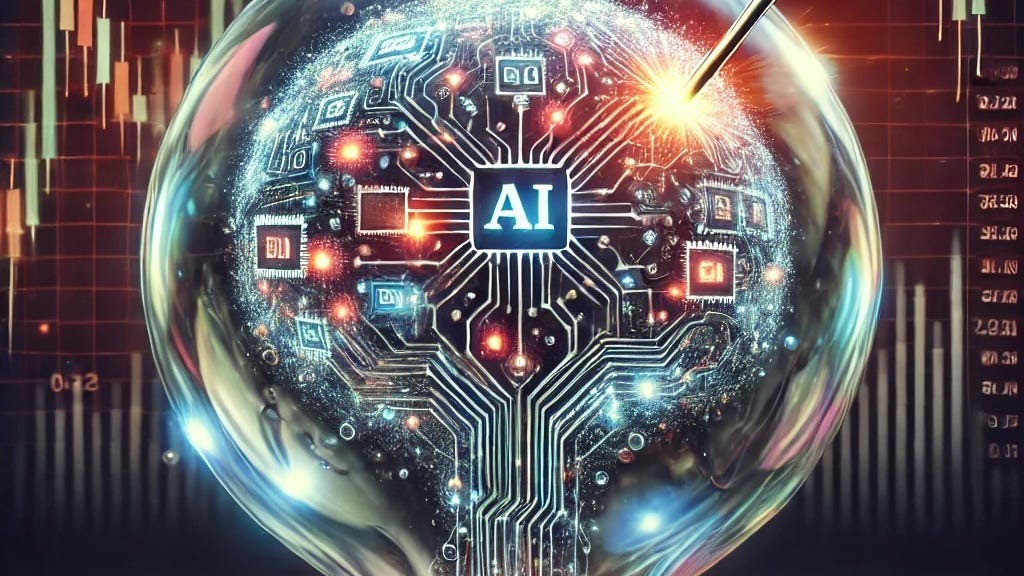
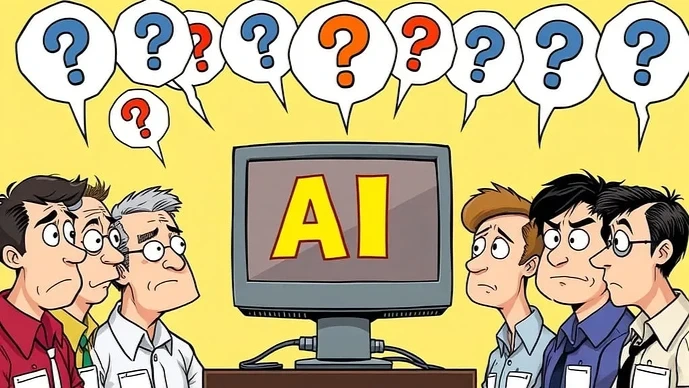


Leave a Reply